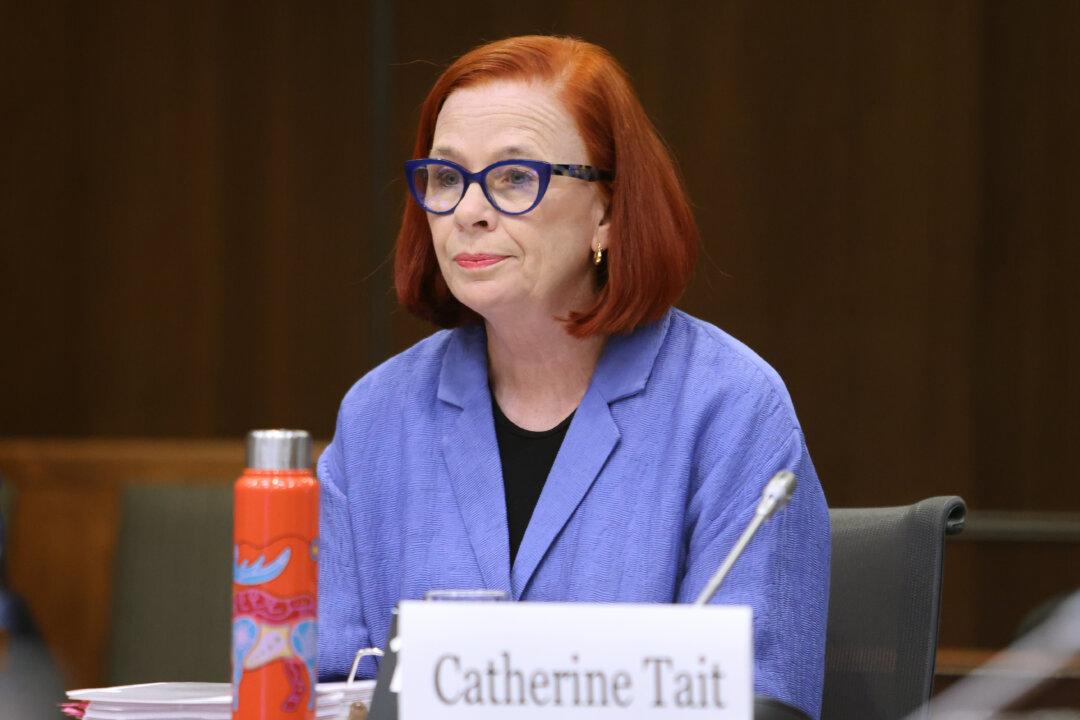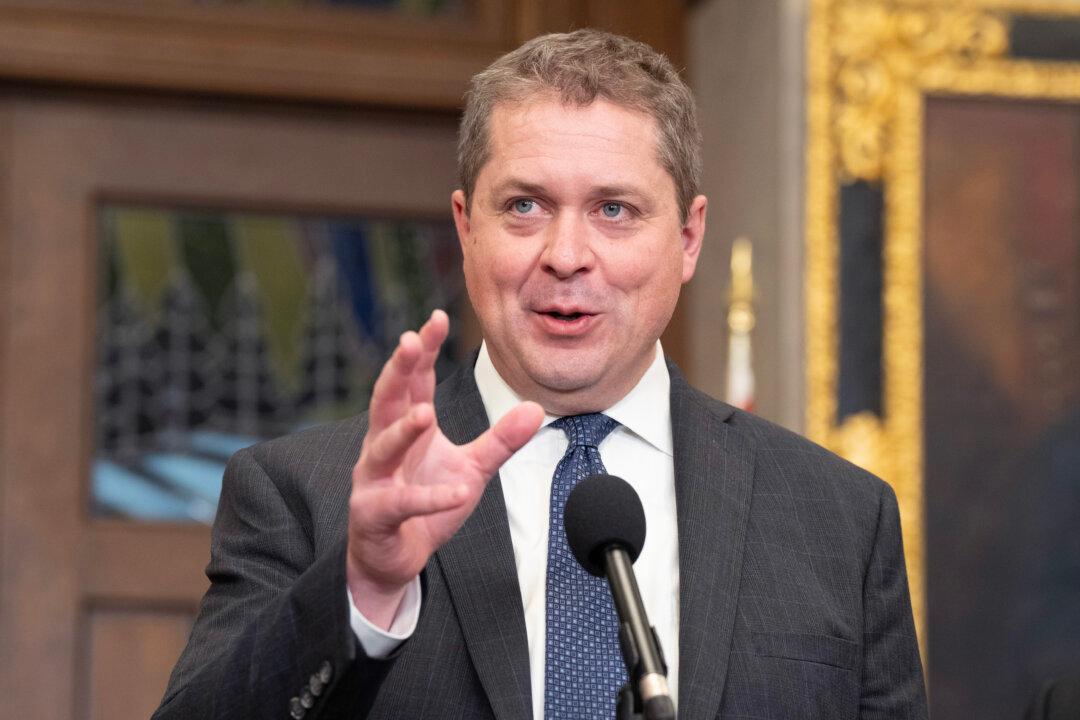CBC President and CEO Catherine Tait is defending the billing of an $1,000-per-night hotel stay during her trip to the Paris Olympics, telling a parliamentary committee she paused her holidays to attend the opening ceremony on behalf of the news organization.
Tait made the comments while testifying before the Heritage Committee on Oct. 21, where she was summoned to answer questions on executives collecting millions of dollars in bonuses as the organization undergoes layoffs and budget constraints.





